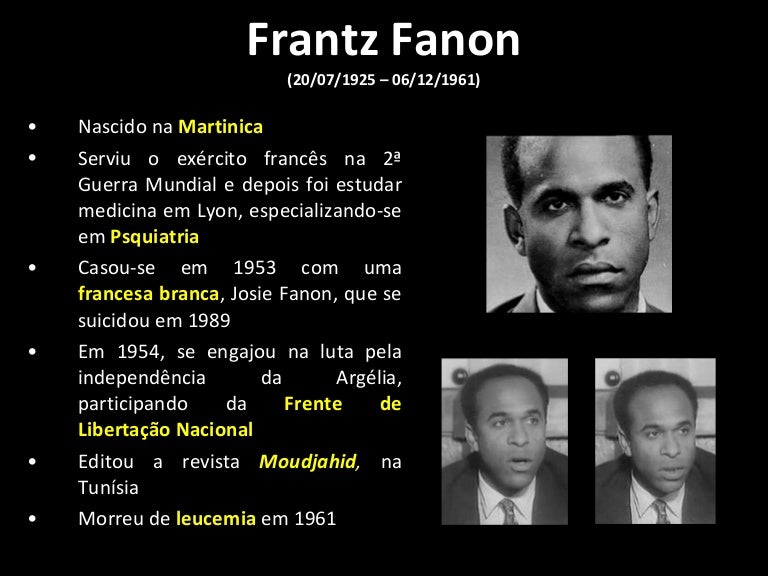

Moreover, the colonizer isn’t fully pervasive, as Nigel explains that certain elites (such as the intellectual class) can play an important role as revolutionaries in the effort toward liberation. Nigel recasts the latter as a collective struggle to liberate the colonized from their conditions to produce independent, sovereign national consciousness.

In the last segment of the show, Josh, Ken, and Nigel discuss the tension between cosmopolitanism and Fanon’s commitment to the constant struggle between the colonizer and colonized. For Nigel, the question becomes “how do the colonized produce a new consciousness that resists colonialism’s influence?” He argues that in Black Skin, White Masks, Fanon seeks to explain the process by which individuals internalize oppression due to the failure of the colonizer to live up to his/her professed commitment to universal equality. Nigel claims that a violent reading of Fanon’s work does not recognize his project to help the colonized rebuild a post-colonial world despite the historical struggles underlying it. The hosts are joined by guest Nigel Gibson, professor in the Institute for Liberal Arts and Interdisciplinary Studies at Emerson College. In a word, the colonized can become so deeply colonized that they reject violence on the grounds of their oppressors’ values such as dignity, equality, and individualism. While Ken is dissuaded from this approach – arguing that non-violent approaches similar to those of Gandhi are more ethical – Josh pushes back by arguing that non-violence is a tool used by colonialism to quell its subjects. The work of 20th century philosopher Frantz Fanon – who is well-known for advocating for rebellious violence – is the stasis point for this conversation. As the show begins, Josh and Ken question whether violence is an appropriate response to colonial oppression.


 0 kommentar(er)
0 kommentar(er)
